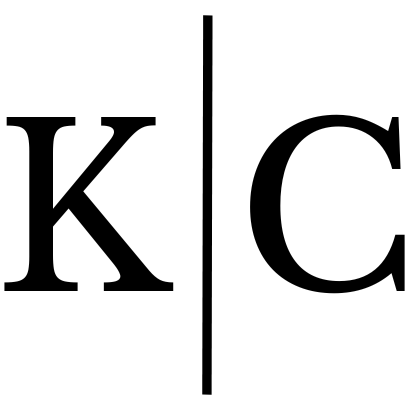Preparing for a phone screen
Prep your physical space
If you might invest years of your life at this job, take the extra 15 minutes to make sure you’re ready for the interview. Plan exactly where you are going to take the call. That means privacy, little background noise, and either a landline or good cell phone reception. Also, have your resume handy along with a pen or laptop to take notes.
Rehearse your intro
Research shows that most interviewers make their decision within the first five minutes of an interview. This means you need to rehearse your opening. Again. And again. And again. Trust me. It’s work, but it is critical. The phone screen is similar to your resume, think of it like a movie trailer. Your goal is not to tell your whole story on the phone, but to entice them so they want to bring you on-site to see the rest. I recommend describing yourself in two to three unique sentences. Then use the rest of your conversation to prove those sentences true. Also be clear about what you’re skilled at, what you’re excited about, and how this role fits into your career goals.
Review your resume and ask yourself questions
Pretend you are the interviewer. Now read your resume and for every project and every bullet, see what questions come to mind:
What happened after you launched Project X?
What made this project a success?
What would you do differently next time?
What does this mean?
What role did you play on that team?
For each story, decide how strong your answer is and how relevant it is to your two to three sentences. If it’s a strong project, rehearse your response and discuss it proactively during interviews. If your answer is weak or not relevant, consider deleting the bullet.
Research your interviewer
Knowing your audience gives you a leg up. So ask politely when you’re scheduling the interview if you can have the name and role of the person interviewing you. If they decline, leave it there. But asking once is fine. If they give it to you, use your research skills across the web to learn everything you can. You might pick up tidbits about what they look for, what they’ve done, what they’re working on, what hobbies they have, or where they went to school. You will not change any fundamentals, but you can tune your answers and conversation points so that you’re more likely to connect with the person.
Write down questions for them
The interview process is as much for you as it is for them. Picture yourself in this role. Would you be happy? Would you be successful? What factors about the company or the role would change the answers to those two questions? Turn those thoughts into detailed questions for the interviewer and write them down. It’s your life and your career, make sure you know what you’re getting into.


